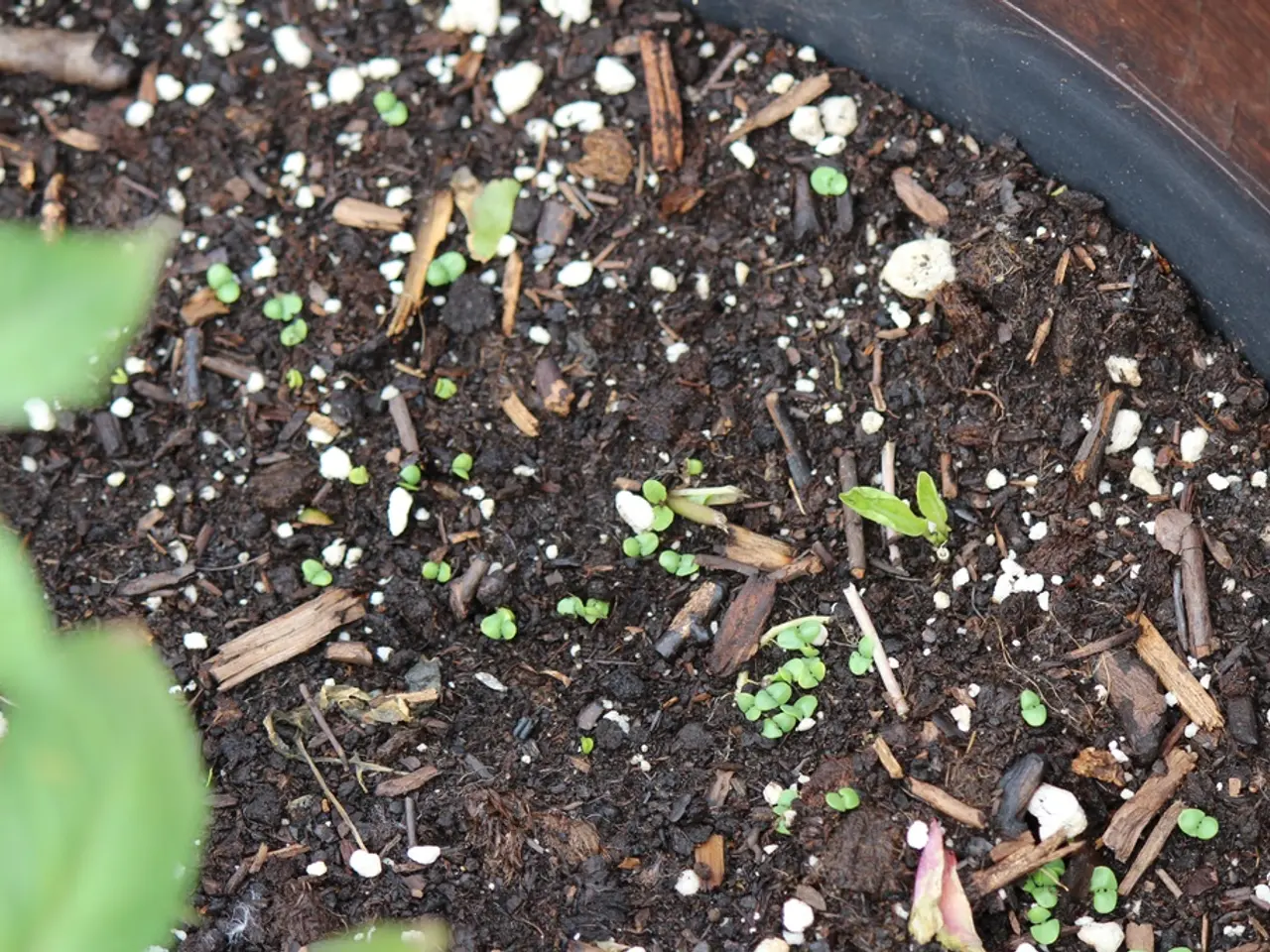Microscopic Laborers: The Unrecognized Force That Disintegrates Plant Matter
In the intricate web of life, a group of unsung heroes plays a vital role in maintaining soil health and supporting plant growth. These heroes are fungi, bacteria, and detritivores, which work tirelessly to decompose organic matter and recycle nutrients back into the ecosystem.
Fungi, with their remarkable ability to break down complex plant materials like cellulose and lignin, are among the most efficient decomposers. They produce enzymes that convert these complex molecules into simpler compounds, releasing nutrients and carbon dioxide back into the environment. This process facilitates the carbon cycle by breaking down plant detritus, making organic matter available for other organisms.
Bacteria contribute to the decomposition process by decomposing dead organic matter and wastes. They carry out processes such as ammonification, where organic nitrogen from dead tissues and waste is converted into ammonium. Some bacteria also carry out nitrification, transforming ammonium into nitrates, which plants can assimilate for growth. Additionally, certain bacteria fix atmospheric nitrogen, adding it to the soil in an organic form usable by plants, thus playing a crucial role in the nitrogen cycle and overall soil fertility.
Detritivores, such as earthworms and other soil animals, play a significant role by physically breaking down organic matter into smaller fragments. This increases the surface area available for microbial decomposition, aiding fungi and bacteria in efficiently recycling nutrients back into the ecosystem.
The immobilisation process, a crucial part of this cycle, makes nutrients available to plants by incorporating them into organic molecules within living cells. However, it's important to note that high C:N ratio organic matter can lead to nitrogen deficiency in crops or plants in the short term when incorporated into soils.
Clay soils, which compact easily, affecting drainage and leading to waterlogging during heavy rainfall, retain moisture and nutrients effectively due to the small spaces between their particles. To improve clay soils for gardening, it is recommended to use a minimum tillage system, contour the land, aerate regularly, and add various soil amendments like organic matter, slow-release mineral fertilizers, green manure, cover crops, mulch, and liming agents (if necessary).
In conclusion, these microscopic organisms and small soil animals work together to decompose plant residues and dead organisms, driving the cycling of essential elements like carbon and nitrogen. By maintaining soil health and supporting plant growth, they ensure the continuity of life on our planet.
[1] Fungal decomposition of plant detritus. (n.d.). Retrieved from https://www.britannica.com/science/decomposition-of-plant-detritus [2] Bacterial decomposition. (n.d.). Retrieved from https://www.britannica.com/science/decomposition-of-organic-matter/Bacterial-decomposition [3] Detritivores. (n.d.). Retrieved from https://www.britannica.com/science/detritivore [4] Soil biology. (n.d.). Retrieved from https://www.britannica.com/science/soil-biology [5] Soil microorganisms. (n.d.). Retrieved from https://www.britannica.com/science/soil-microorganism
- The pursuit of environmental science, deeply rooted in education and self-development, equips us with the knowledge that fungi, along with bacteria and detritivores, significantly contribute to soil health and the carbon cycle through their decomposition of plant detritus. (Reference: Fungal decomposition of plant detritus)
- As we delve into the realm of science, we discover that bacteria hold a key role in the decomposition process, transforming organic matter into essential plant nutrients like nitrates, enriching the soil and fostering plant growth. (Reference: Bacterial decomposition)
- Learning about soil biology reveals that detritivores, such as earthworms, play a significant part in breaking down organic matter, increasing its surface area for microbial decomposition and ensuring efficient recycling of nutrients in the ecosystem. (Reference: Detritivores)




